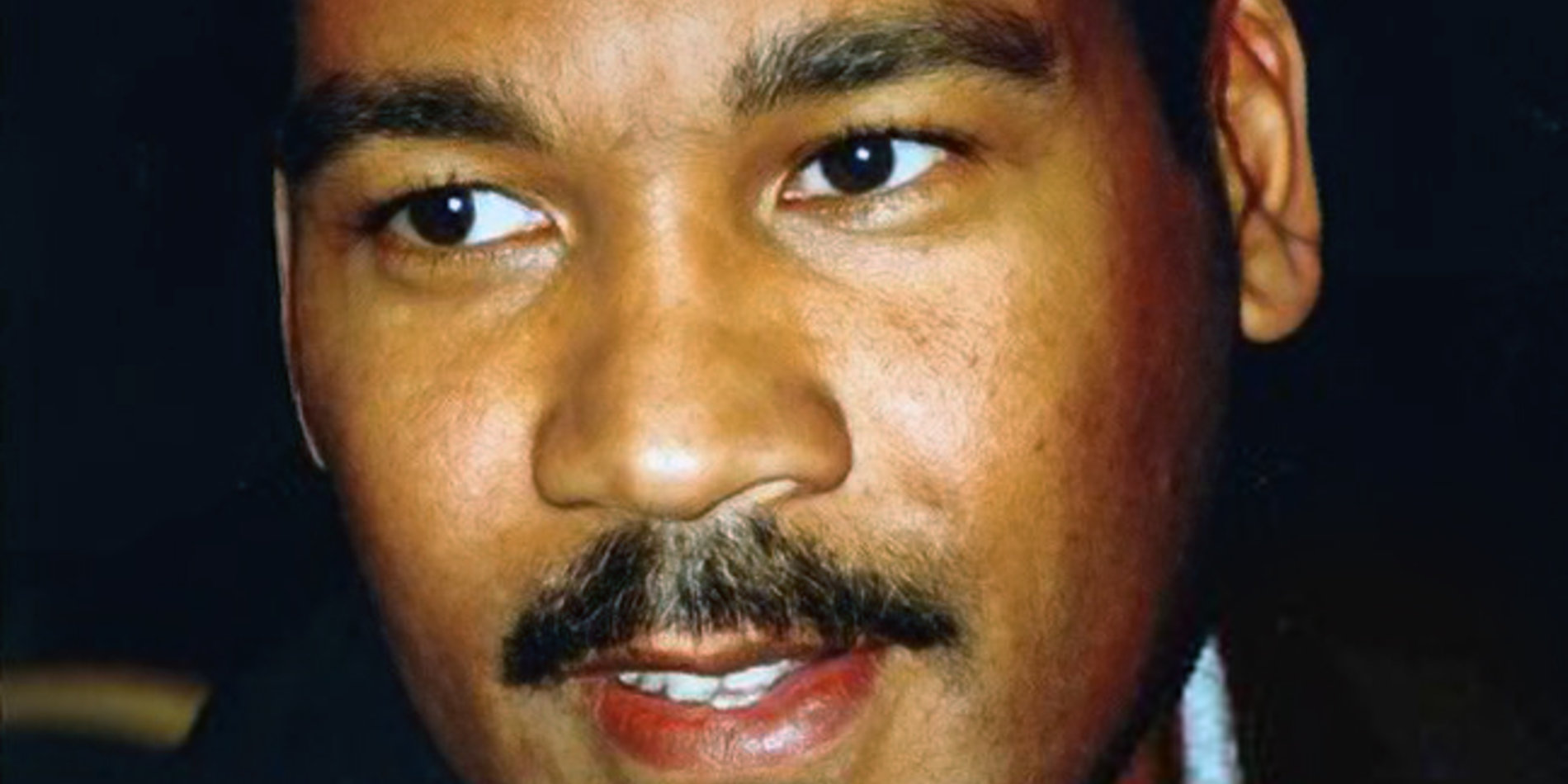Remembering Nelson Mandela
As we prepare to celebrate the anniversary of the birth of Martin Luther King, Jr., we also mourn the passing of Nelson Mandela, who has, along with Gandhi and King, symbolized the twentieth century freedom struggles that affected the lives of the majority of humanity.
During the first half of the century, Mohandas Gandhi came to prominence as an advocate of nonviolent resistance against racial discrimination in South Africa and colonialism in India. During the 1950s, Martin Luther King, Jr., adapted Gandhi's ideas as the preeminent spokesman of the African American struggle against the southern Jim Crow system of discrimination and segregation. As these struggles against colonialism and racial oppression were achieving major victories during the two decades after World War II, Mandela emerged as the leading symbol of the long struggle against South Africa's apartheid system.
The three leaders were visionaries whose objectives extended beyond overcoming a system of oppression in a single nation. They understood the interrelatedness of major systems of oppression and of mass struggles to overcome those systems. Gandhi demonstrated that nonviolent strategies could be used effectively to transform the colonial policies of the most powerful empire of his era. He left behind a legacy of innovative, nonviolent resistance methods that King adopted to transform the racial policies of the most powerful nation of the last half of the twentieth century. The Sharpeville massacre in 1960 made Mandela and other leaders of the African National Congress more skeptical about nonviolent strategies, but the anti-apartheid benefited from the new global awareness of human rights that resulted from earlier freedom struggles. It also benefited from the growth of African American political power made possible by the 1965 Voting Rights Act.
King never met Mandela, but he corresponded with anti-apartheid leaders. In December 1957 he was among those who celebrated International Human Rights Day by rallying support for 156 anti-apartheid activists, including Mandela, who had been charged with high treason by the South African government.
In a later speech at Hunter College, King expressed his commitment to global human rights when he insisted,
the struggle for freedom forms one long front crossing oceans and mountains. The brotherhood of man is not confined within a narrow, limited circle of select people. It is felt everywhere in the world; it is an international sentiment of surpassing strength. Because this is true, when men of good will finally unite, they will be invincible.
